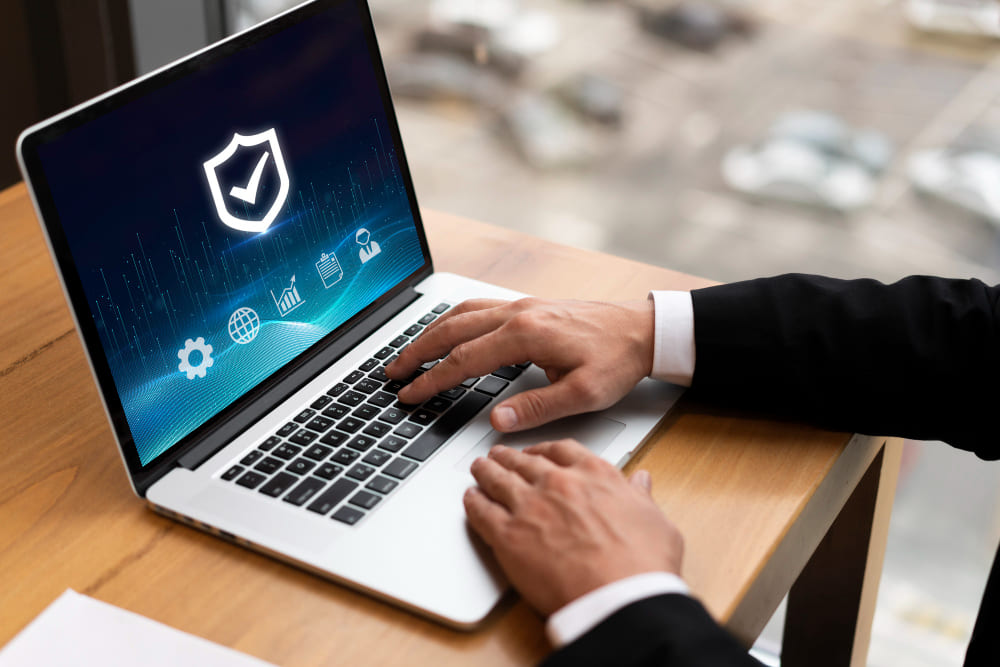Online Office & School Supplies in Qatar.
- +974 4001 8382
- sales@officejetqatar.com
- Building No 6, Shop No 7, New Souq Al Haraj, Barwa Village, Qatar

In today’s digital age, where we rely heavily on the internet for communication, work, shopping, and banking, internet security has never been more crucial. With cyberattacks becoming more sophisticated and prevalent, individuals and businesses alike must prioritize safeguarding their online presence. Internet security encompasses various measures and tools to protect sensitive information, networks, and devices from threats like viruses, malware, phishing attacks, and hackers.
In this blog post, we’ll explore why internet security is important and provide practical tips on how to protect yourself in the digital world.
In today’s interconnected world, internet security is a critical aspect of our digital lives. By staying informed about potential threats and implementing robust security measures, you can protect yourself, your data, and your devices from cyberattacks. Whether you’re a business or an individual, it’s essential to prioritize security to safeguard your privacy and maintain the integrity of your online presence.
If you need guidance on setting up comprehensive internet security solutions for your home or business, contact Office Jet Computers and Stationery. We offer expert advice and a range of tools to help you stay protected in the digital landscape.
Office Jet Printers and Stationery
Typically replies within minutes
Any questions related to The Importance of Internet Security: Protecting Yourself in the Digital World?
WhatsApp Us
🟢 Online | Privacy policy
Contact Support